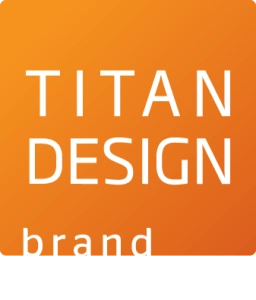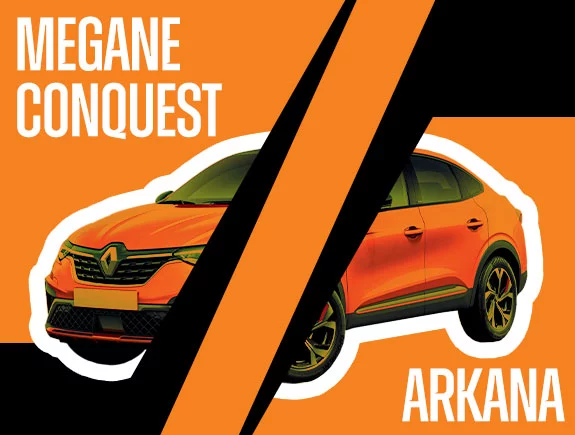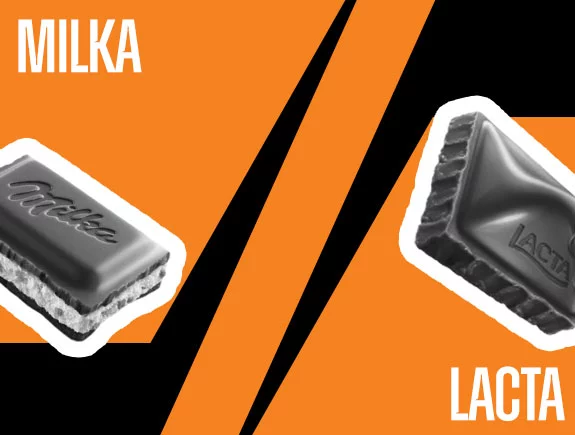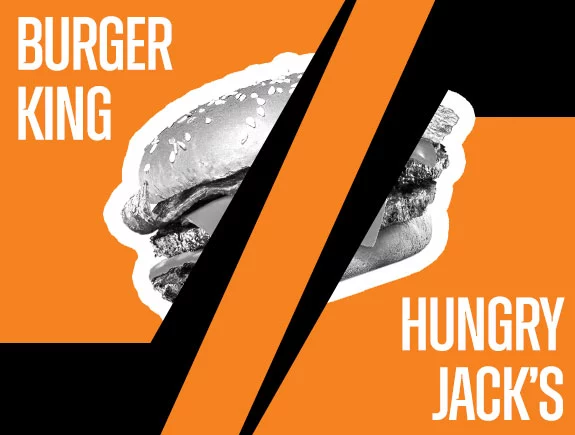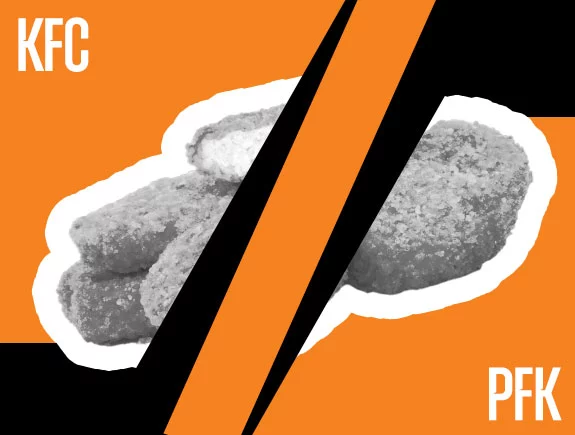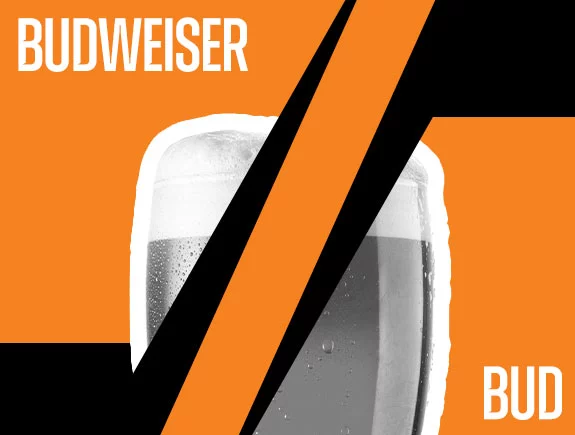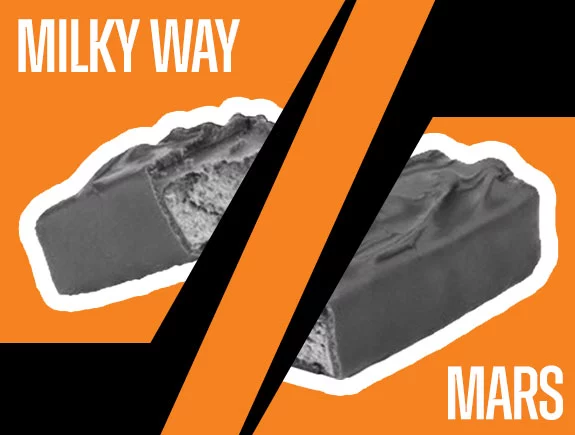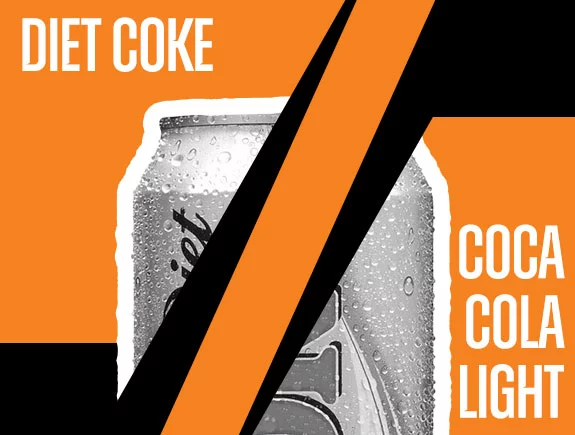In previous months, I began to notice a new car model, the Renault Megane Conquest on Belgrade streets. When I went to Greece a few weeks ago, I saw a car that looks the same but has a different name – the Renault Arkana. I quickly found out on Google that this model is called Arkana everywhere in the world, while in the markets created by the breakup of the former Yugoslavia it is called Megane Conquest. Clearly, the French company did not want to associate itself with the local “heroes” of some past times, so they prepared different names for the same product.
When I realized this, two questions came to mind. First: Why didn’t Ford do the same with its Kuga model? Second: what other brands have similarly adapted to different markets and why? I will try to answer the second question in this text.
Entering the market
One of the main reasons why the same, global products have different names in different countries is that they entered those markets by buying an existing, well-known brand, with which consumers have already built an emotional bond with. So, for example, Chipsy here has kept its name and identity, although PepsiCo sells its chips under Lay’s brand in many markets. The same case is in Great Britain, where Lay’s are called Walkers. In the abovementioned Greece, Milka is sold under the name Lacta and has a completely different brand color. For the same reason, the most popular fabric softener in Europe is called Lenor, while its name in the USA is Downy. Opel is Opel everywhere, only in the British Isles is Vauxhall. There is no end to the list of different names that were created on a similar principle, but let’s see what were the other triggers for the changes.
Burger King.
Burger King is one of the most famous brands in the world. An icon that penetrated popular culture. With their rivalry with Mcdonald’s, they pushed the boundaries, both in the fast food industry and in marketing. They are also known in markets where they are not present, such as ours. However, in Australia, they have another name – Hungry Jack’s. The reason for this is that at the time they emerged on the market, another company claimed the rights to the Burger King name, so they had to adapt. The brand identity is there, the font, the logo, iconic meals, burgers… only the name is different.
KFC
We stick to fast food. KFC, as an abbreviation of Kentucky Fried Chicken, has traveled the world and become a clear association with chicken and people who do not know its initial meaning. However, in the Canadian province of Quebec, this brand has a different three-letter abbreviation – PFK. Abbreviation with the same meaning, only in French. The reason for the change is that the law of this province requires the names of all businesses must be in the official French language.
Budweiser vs. Czechvar
In the Czech Republic and the USA, there are two companies whose main product is beer with the identical name Budweiser. Both companies claim the right to the name, and there were over 100 processes between them starting in 1907, so by the court’s decision, their products have different names in different markets. In Europe, Czech beer is called Budweiser, and American beer is called Bud. In North America, the court ruled the opposite, so the Czechs had to adapt and change their name to Czechvar.
Mars chocolate bars
Mars is an American company that makes chocolate bars like Snickers, Twix, Bounty, and more. And while the listed chocolate bars have the same names everywhere in the world, it’s a real mess with other products. The chocolate bar known in our country as the Milky Way is called Three Musketeers in the USA. There’s also a Milky Way there, but it tastes like Mars here. On top of all that, a chocolate bar called Mars is also available on the American market, but its taste is different from the one we are used to.
Language barriers
We have already mentioned the example of KFC, but different languages have influenced the change of the brand name in several cases. For example, Mr. Clean (Mr. Clean) started from the American market and adapted to each new country that would host it, changing the name so that it has an identical meaning as in English.
Danone Americanized itself and chose a name that is easier to pronounce in the English-speaking world, with fewer vowels – Dannon. Dr. Oetker did the same. In Italy, it chose the name Cameo, in order to be closer to customers in the Apennines.
In the US, Coca-Cola sells its sugar-free version under the name Diet Coke, while in other parts of the world, where the word diet has a different meaning and negative connotation, the same product is sold under the name Coca-Cola Light.
Can you remember some of the brands that have different names in different markets, have we forgotten any?
